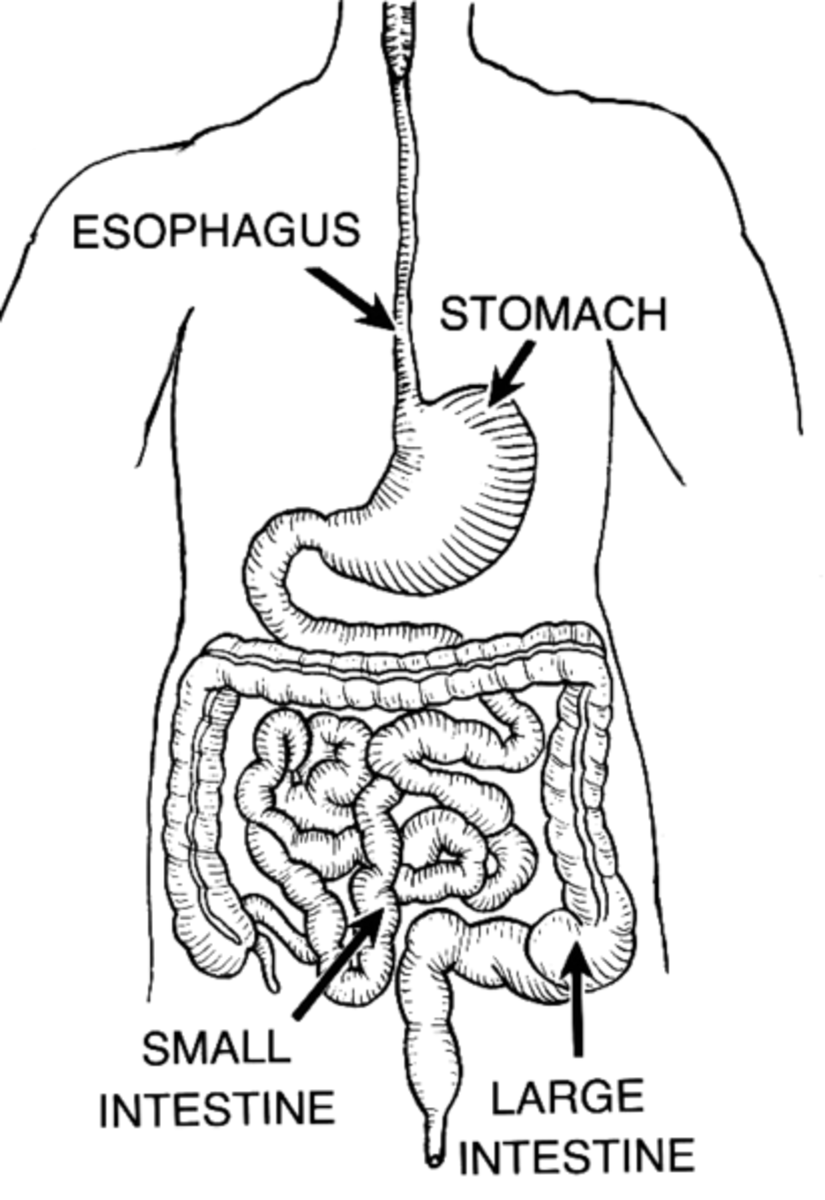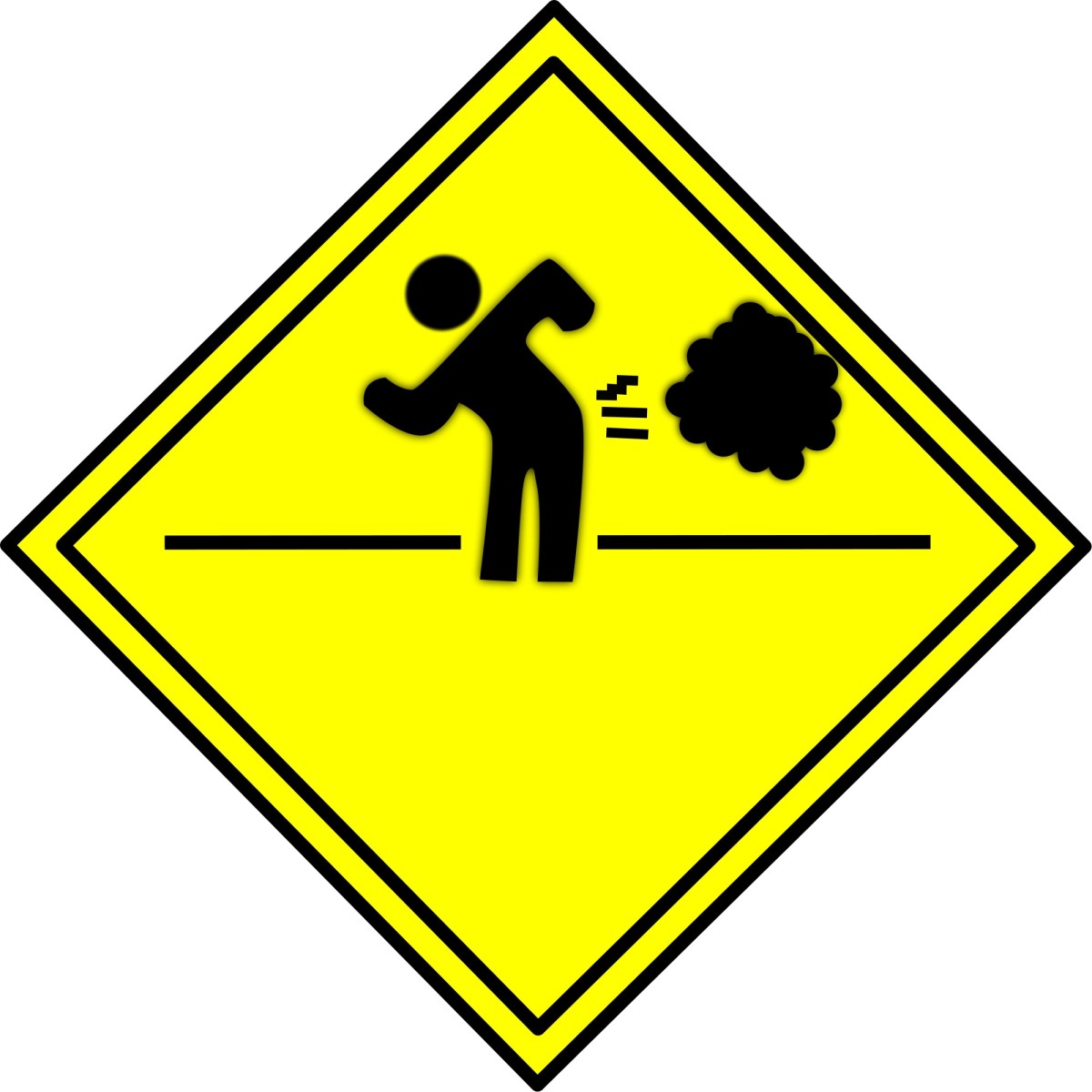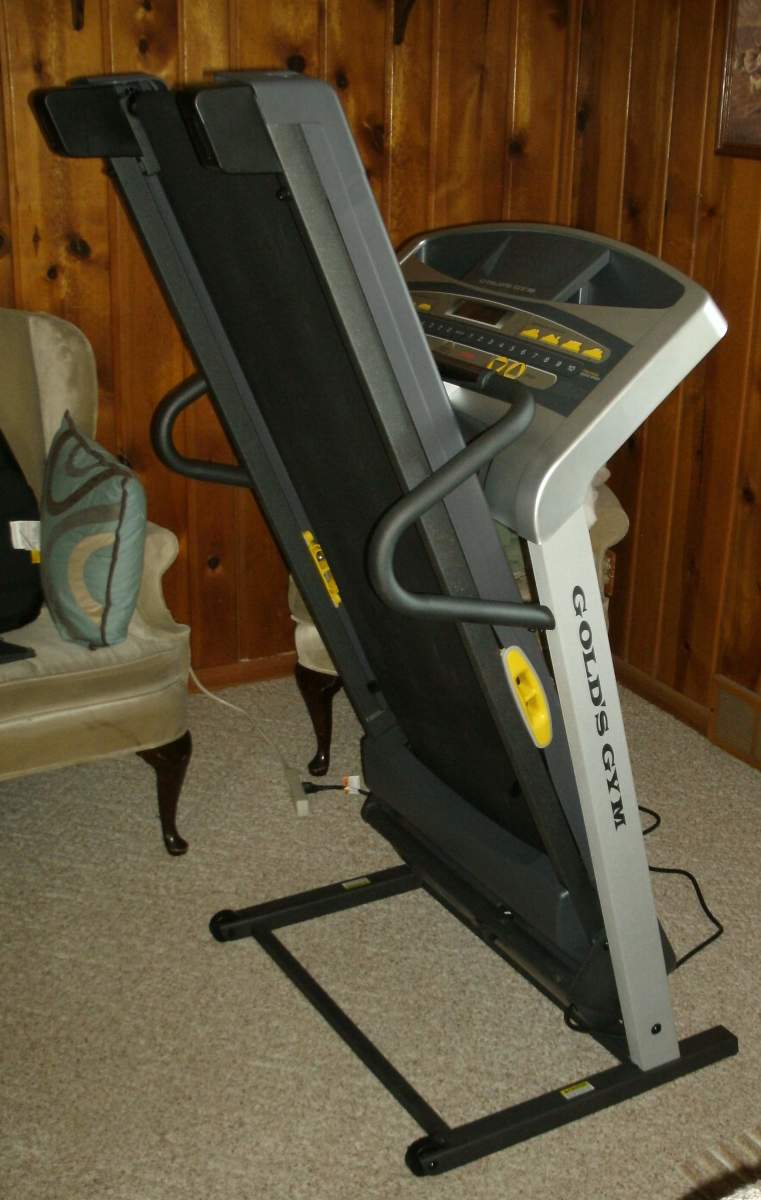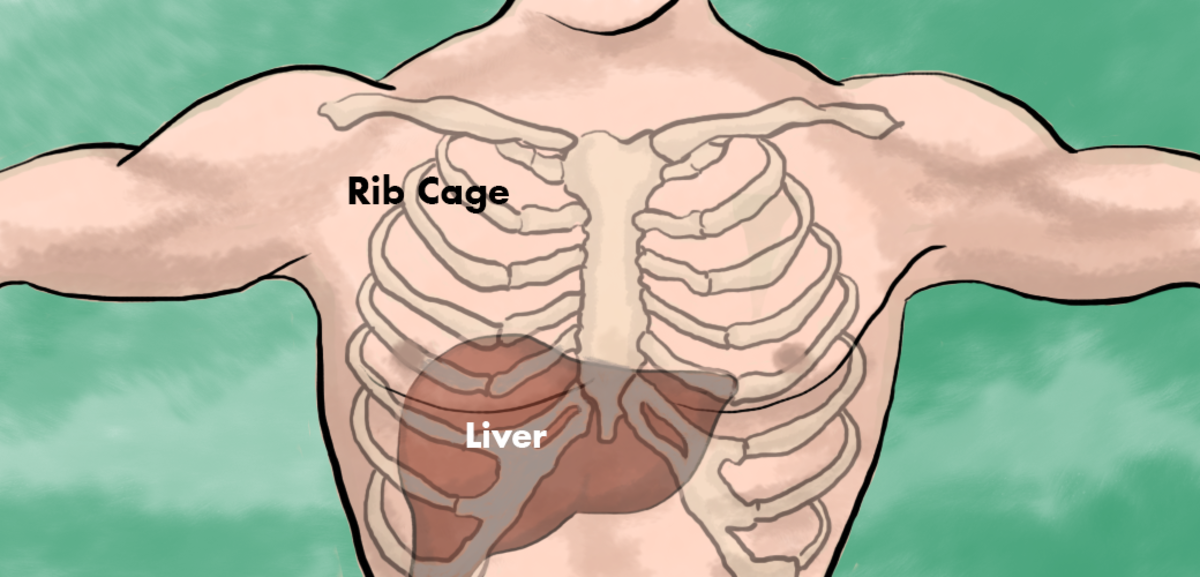Bloating Caused by SIBO (Small Intestine Bacterial Overgrowth)
Many people have bloating after a meal. We are not talking about abdominal fat or an extended stomach due to fullness. This is when there is excessive gas in the intestines that causes bloating of the abdominal area.
Most normal minor bloating will go away on its own as the gas is passed. But for quicker relief, occasional use of Gaia vegetable charcoal or Beano may help. Try to avoid the use of antacids. Chronic use of antacids can do more harm than good because decreases your stomach acid resulting in poor digestion and possibly increasing the frequency of bloating.
If you have chronic or serious bloating problems, you need to have it diagnosed by medical profession and determine the root cause. There are many causes of bloating.
Some of the causes can be serious as a blockage of digestive tract such as from a tumor. Other more common causes of bloating includes improper digestion, lactose intolerance, celiac disease, irritable bowel syndrome, and many others.
In this article, we are only talking about only one possible cause of bloating. And that is from small intestinal bacterial overgrowth (often abbreviated SIBO). This may or may not be the cause of your particular bloating condition.
Bacteria Causes Bloating
Certain bacteria in the colon loves sugar and starchy carbohydrates. When they digest the sugar, they produce gas which results in bloating. Normally sugar and carbohydrates which turns into sugar are digested and absorbed in the small intestine before reaching the colon. In this normal condition, the sugar does not reach the colon for the bacterial to eat.
However there are many situations that causes the sugar to reach the colon which causes bloating. It could be the mal-absorption of sugar and starches in the small intestine. This can be due to week pancreas not producing enough of certain enzymes. For example, those who are lactose intolerance do not have the enzymes to digest the milk sugar lactose. Disease of the small intestinal lining (such as caused by celiac disease for example), can result in mal-absorption.
Or it could be that you're simply eating too fast such that food reaches the colon before being fully digested by the small intestine. This is why bloating can occur more readily by vegetable juices, because the starches in the juice goes right through to the colon where the bacteria is which loves the starches.
Ever had gas from beans. That is because bean contain a particular type of oligsaccharide sugar that body is not able to digest. We do not have the enzyme to process it. So this sugar goes down to the colon where the bacteria eats it and form gas as a by-product.
Similarly, lactose is the sugar in milk. Most of us when we turn adulthood, we start losing the enzymes needed to digest lactose. This is known as lactose intolerance. Hence the sugar passes through to the bacteria in the colon which then produces gas.
This is not to say that beans and vegetable juice are not good. They are. Just spread out the intake so the gas can pass. Drink the vegetable juice with meals or eat the vegetables instead. The fiber slows it down from going so fast and gives the small intestine time to absorb all the nutrient before it gets to the bad bacteria in the colon.
So some amount of minor bloating due to certain foods is normal.
What is Small Intestine Bacterial Overgrowth
What is abnormal bloating in when the colon bacteria overgrows and extend up into the small intestines where they normally are not. This gives the colon bacteria access to the sugar and carbohydrates, which they devour and produce gas as a by-product.
This condition where colon bacteria overgrows into the small intestine is known as small intestinal bacterial overgrowth, or SIBO. Although difficult to diagnose, a medical professional may give a hydrogen breath test, sample fluid in the small intestine, or sample the stool.
Symptoms and Causes of SIBO
Symptoms of SIBO can include bloating, gastrointestinal cramps, diarrhea, and constipation. SIBO may interfere with proper digestion leading to nutritional deficiencies, irritable bowel syndrome, leaky gut syndrome. SIBO may contribute to food allergies and is often found in people with fibromyalgia. It may even be the underlying cause of fibromyalia.
The bacteria that overgrows into the small intestine can compete and consume the nutrients in the food that are meant to be absorbed by us. They can damage the linings of small intestines causing undigested or partially digested foods to leak from the gut into the bloodstream. This causes an immune response leading to low-grade chronic inflammation and possibly food allergies.
For proper digestion, you need to have strong stomach hydrochloric acid. The stomach acid also kills any bad bacteria so that they do not go into the small intestines from the stomach. Because antacid can decrease your stomach acid, antacid should be avoided.
Intestinal muscular action plays a role in digestion. There is an migrating motor complex that is in addition to the normal muscular action that pushes food. The migrating motor complex is a house-cleaning muscular action that pushes bacteria down into the colon where they belong. Weak intestinal muscles can lead to digestive problems and overgrowth of colon bacteria. Magnesium is also important for proper bowel mobility.
There is an ileocecal valve between the small intestine and the colon. If that valve weak or stuck open, it is possible for the bad bacteria from the colon to migrate to the small intestines.
Disorder of the immune system can also cause bacterial overgrowth. Other causes of SIBO may be diverticuli (out-pouchings) of the small intestine, obstruction of the small intestine, intestinal scaring from surgery, Crohn's disease, and possibly other causes.
Possible treatments
SIBO is often treated by short-term antibiotics use and maintained long-term with probiotics of specific type as prescribed by your medical professional.
However, Chris Kresser mentions in his podcast that ...
"I treat a lot of patients for SIBO in my practice and I don’t use antibiotics, and in fact, I have a lot of patients who come to me having taken multiple courses of rifaximin or neomycin, which are the narrow-spectrum non-absorbable forms of antibiotics that are used to treat SIBO, and while they generally have initial success from taking antibiotics, what often happens is the SIBO will come back, and it tends to happen more quickly the more times they take the antibiotics."
The healthy bacteria acidophilus helps keeps the bad bacterial in check and prevents overgrowth of unhealthy bad bacteria and yeast (as in yeast infections).
Some physicians also suggest a particular type of diet called the "Carbohydrate Specific Diet" which is roughly a grain-free and starch-free diet. The idea is to starve the bad bacteria by not giving them carbohydrate, but still feed the person. Certain carbohydrates feeds the bad bacteria.
For those who are lactose intolerance, avoid dairy products. For those with celiac disease, avoid gluten.
Some people with IBS (irritable bowels syndrome) find that eliminating FODMAP foods may help with symptoms. FODMAP is an acronym for "Fermentable Oligosaccharides, Disaccharides, Monosaccharides And Polyols". These are short chain carbs or sugar that is easily fermented by gut bacteria. By avoiding these foods (list here), some people may experience relief.
Dr. Siebecker on SIBO
More information about SIBO
Dr. Allison Siebecker was interviewed by Dr Lauren Noel about SIBO. You can listen to in its entirety on blogtalkradio.com or watch a clip on video on the right.
Dr. Siebecker specializes in SIBO and has more information on her website.
Interesting, Dr. Siebecker points out that stress may be a contributing factor to SIBO. Stress induces the "fight or flight" response. And when your body is chronically in this mood, it will not be able to go into the "rest and digest" state. It would put digestion as lower priority and you will not digest well. The migrating motor complex which occurs during rest and sleep would be more sluggish, and you would produce less gastric hydrochloric acid.
Dr. Siebecker says that probiotics that comes with prebiotics can be a problem especially for someone with SIBO. Usually, it is the prebiotics that is the problem rather than the probiotics. Probiotics is the actual organisms of good bacteria that helps keep the bad bacteria in check. The prebiotics are food designed for the good bacteria. But unfortunately sometimes the bad bacteria can get at the food too and cause bloating.
Some probiotics that she likes are Bio-Kult and Align probiotic.
Note
Article written January 2012 and is only opinion at the time of writing. Author may receive compensation from the display ads within article. Author is not a medical professional and this is not medical advice.
References:
- Small Intestine Bacterial Overgrowth
- SIBO- Small Intestine Bacterial Overgrowth
- Small bowel bacterial overgrowth syndrome - Wikipedia, the free encyclopedia
- Small Intestinal Bacterial Overgrowth (SIBO) causes, symptoms, diagnosis, and treatment by MedicineN
Small intestinal bacterial overgrowth (SIBO) has many conditions associated with it, including diabetes, scleroderma, and Crohn's disease. SIBO symptoms include diarrhea, abdominal pain, abdominal bloating, and flatulence (farting). - Small Intestinal Bacterial Overgrowth (SIBO)
- Digestive Health with Dr Allison Siebecker - blogradio.com
Could the source of your health problems be in your gut Ever heard of SIBO Small Intestinal Bacterial Overgrowth.






